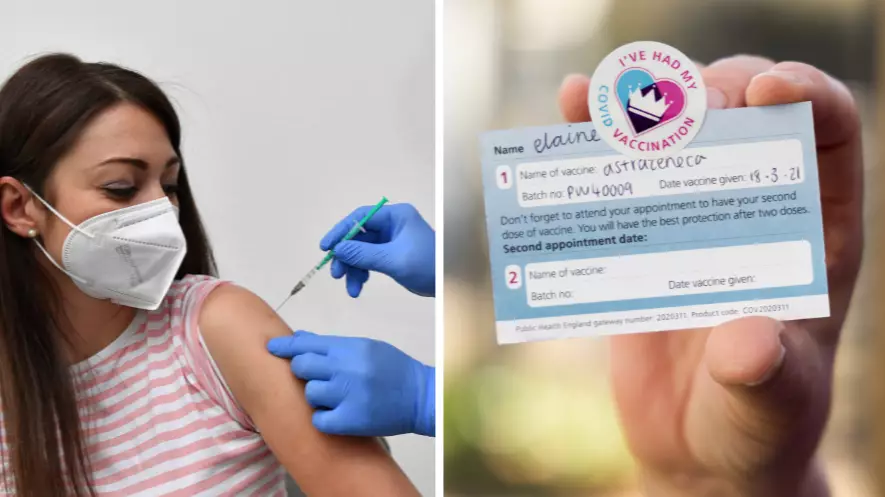
The coronavirus vaccine roll out has now seen half of all UK adults jabbed against the virus.
And with more and more people are sharing the news that they've been pricked, vaccine-selfies (or 'vaxxies' as some have dubbed them) are sweeping social media.
In recent weeks, the 'Gram has been awash with people posing with their vaccine cards - and while their attempts to raise awareness about getting the jab may be well-meaning, data scientist and McAfee fellow Raj Samani believes by doing so, you could be putting yourself at risk.
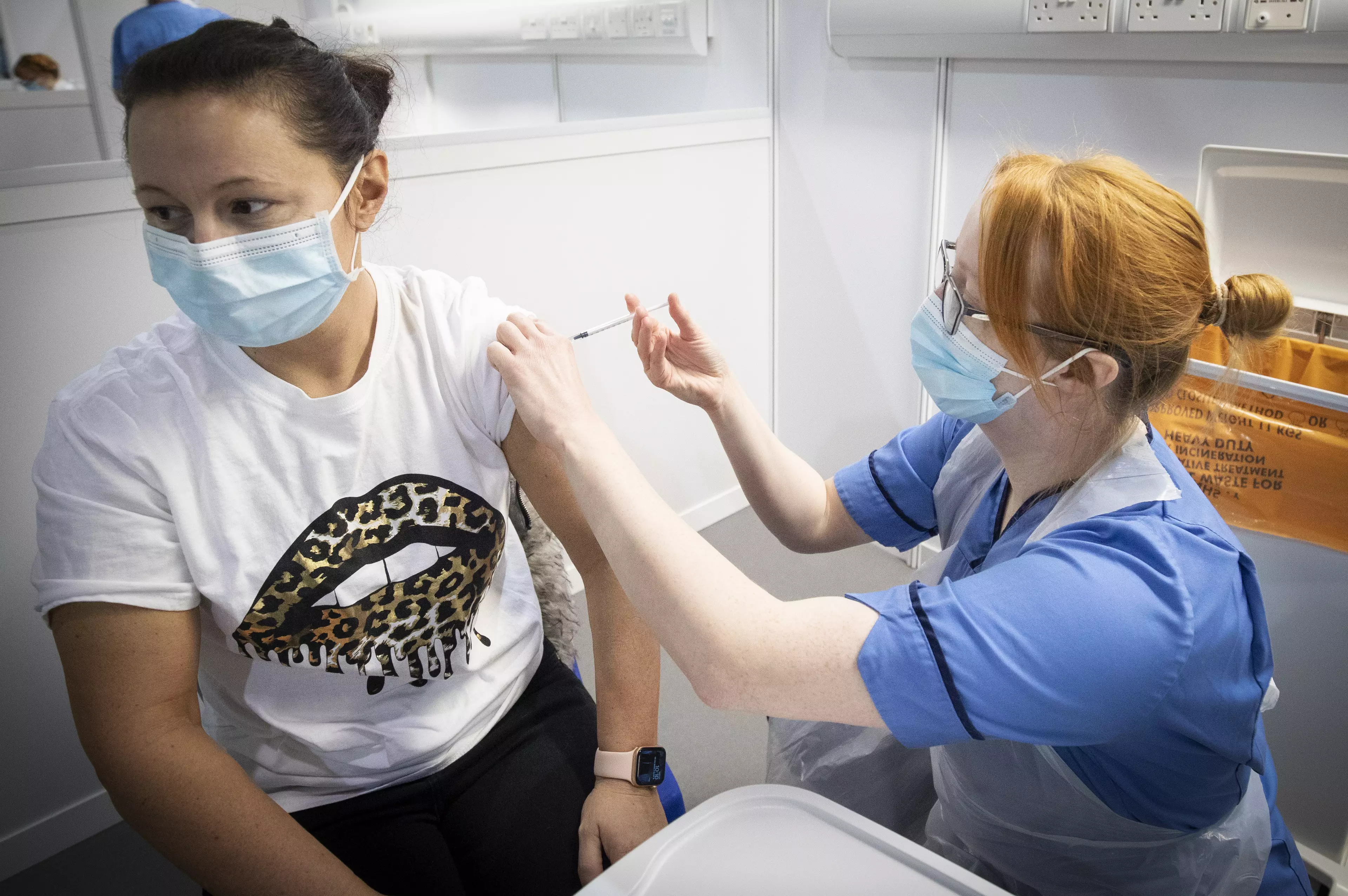
"We know there's a market for fake vaccine cards," he told Tyla. "We know there are criminals actively selling vaccine cards that are country-specific. There's clearly a burgeoning market for it.
Advert
"It's a logical conclusion that criminals could be using social media to take this information, gathering it to sell on, and that maybe we shouldn't be posting pictures of our vaccine cards online."
It is thought that 75 per cent of the UK adult population has received their first-dose of their all-important jabs, which come with the small card which has the type of vaccine you had, the date you received it and the batch number of your dose.
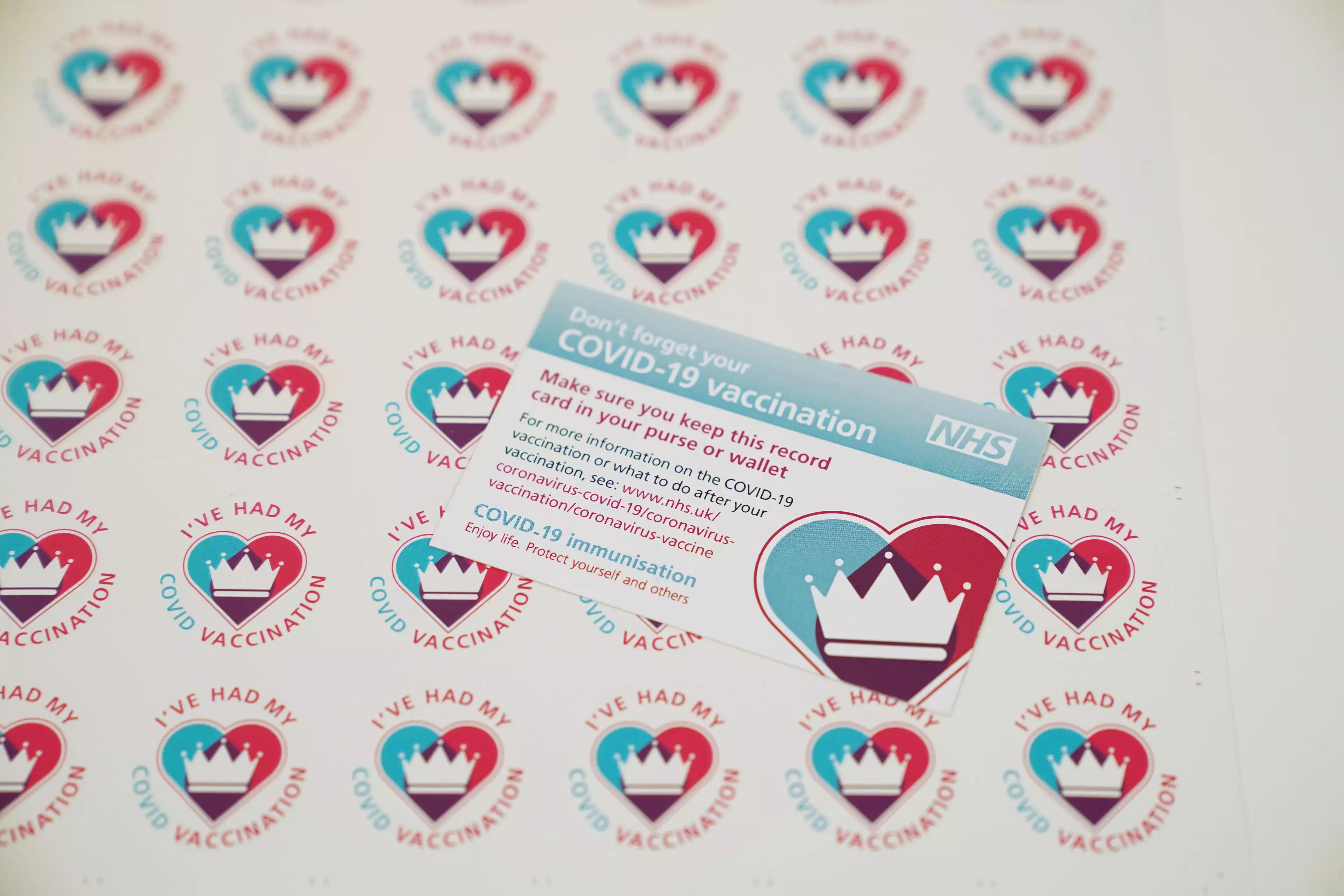
But it's been fairly easy for criminals and scammers to recreate these cards and sell fakes online on sites such as eBay, for people who are looking to cheat previously planned schemes for 'vaccine passports'.
Advert
An investigation by The Telegraph found that fraudsters have been charging between £5-£28 for false documentation that claims to record a person's Covid vaccination, and includes details such as real batch numbers for Pfizer jabs.
At least 20 countries have already indicated that they will accept vaccination certificates as an alternative to PCR tests for holidaymakers to prove their Covid status - which makes it all the more vital that you keep details of your own jab private.
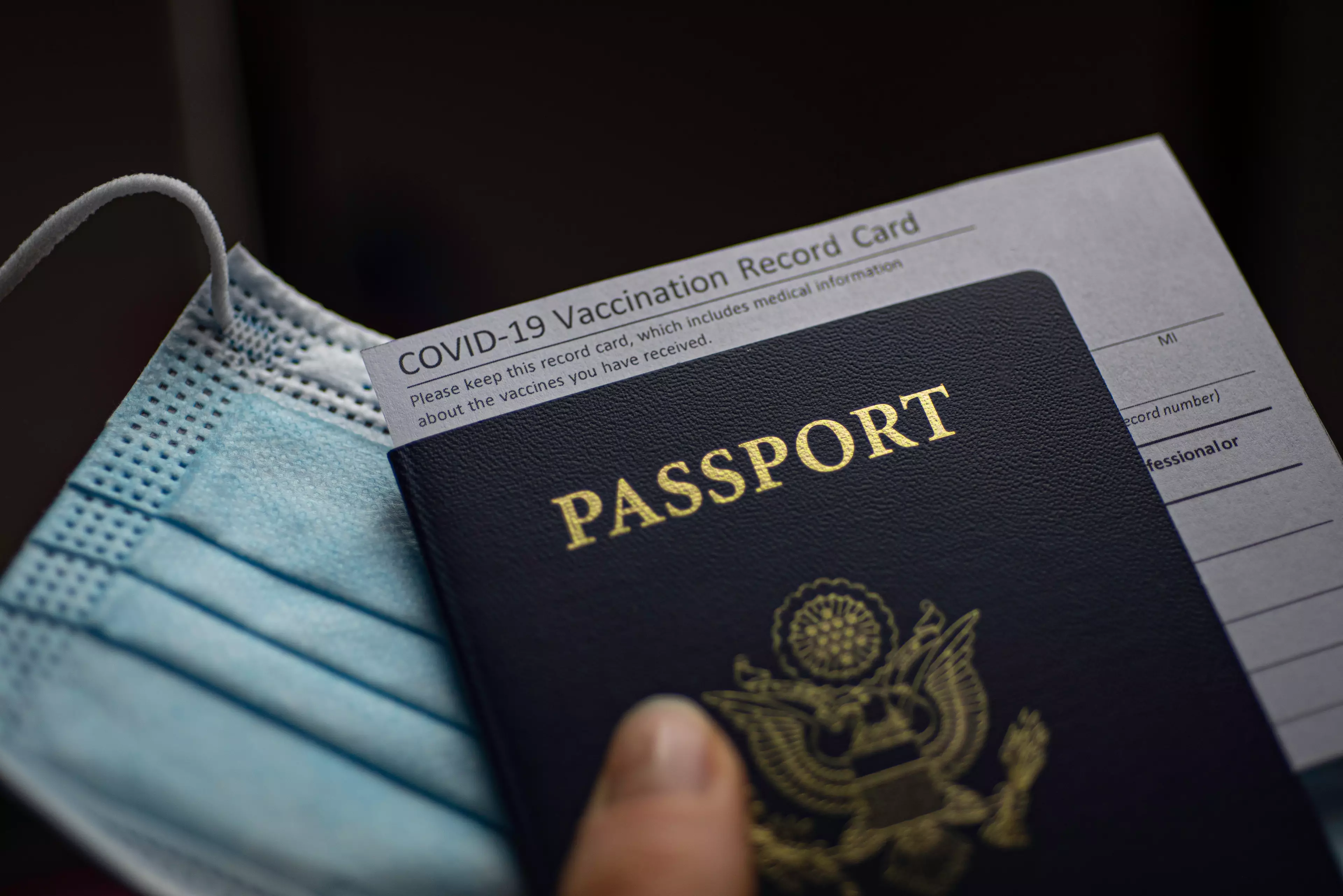
But it's not just posting your 'vaxxies' online that can put you at risk of criminal enterprise. Posting any facet of your life online can put you at risk of identity fraud, with the plethora of social networks making it easy for criminals to piece together some people's entire lives.
Advert
"There's multiple phases in trying to trick and coerce somebody," Raj explained. "The first stage of that is research. The more information we have about you, the better we can craft something.
"I know examples of young children and teenagers being targeted on gaming platforms, with people saying, 'I know what school you go to.' And that's because their parents have posted pictures of them wearing their school uniform on socials.
"On the one hand, you want people to be open and social and transparent and communicating with friends. But you've got to recognise that information can be used against you."
It's a terrifying thought that cyber criminals could be combing through your social media to find your personal details, piecing them together to impersonate you or to try and hook you in to some sort of scam, convincing you of its legitimacy by knowing intricate details about your life that we've thoughtlessly and willingly offered up to social media.
Advert
Cybersecurity expert Tracy Cunningham, who works at Check Point, argues that we need more education on online safety, particularly as so much of our social lives are now digital by default.
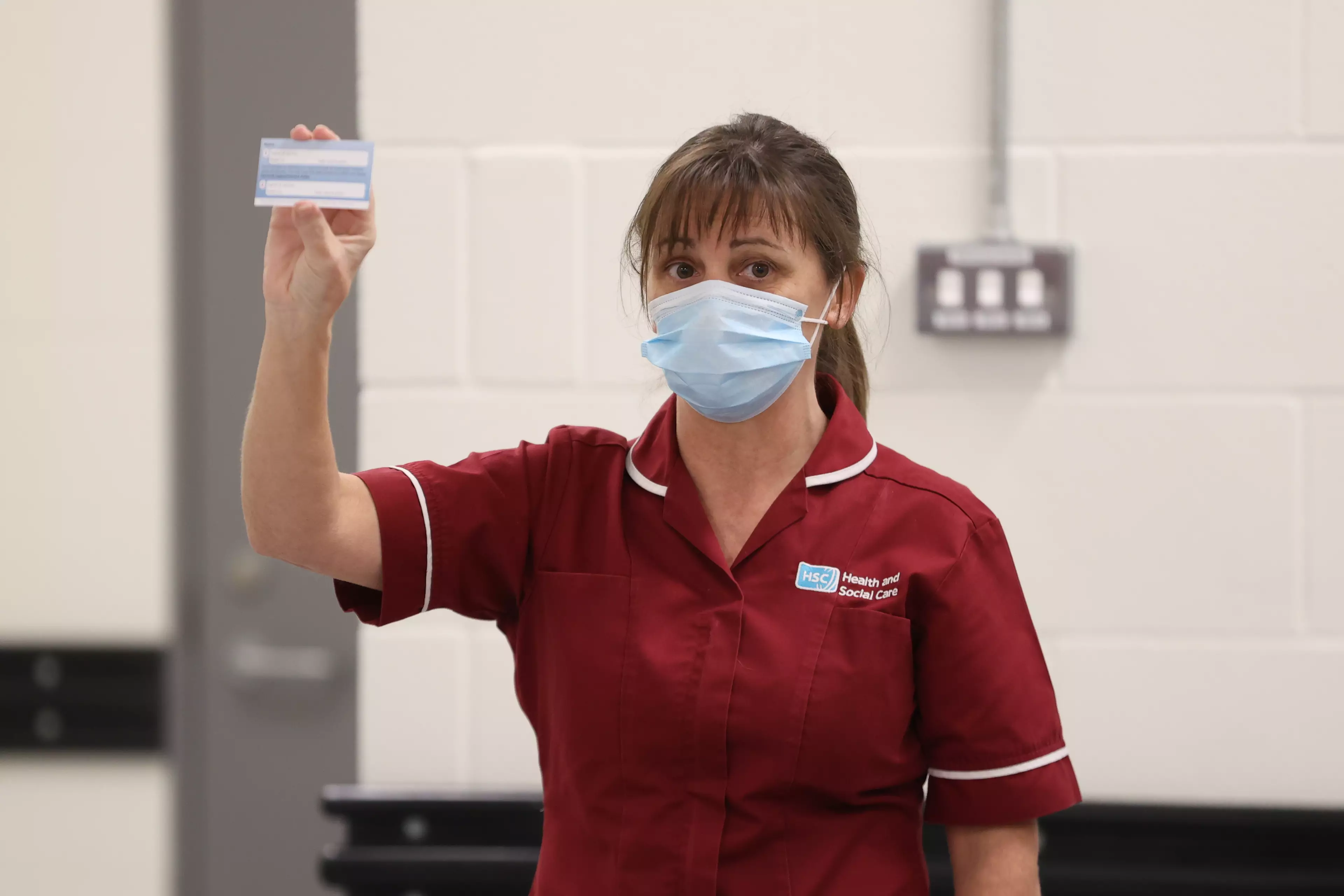
"Posting pictures of your vaccine cards online can present so much opportunity to cyber criminals to impersonate your identity," she said.
"You just have to be aware of the signs, and that is down to education. We need to be better at educating ourselves on how to behave safely online. For example, not taking pictures which contain sensitive information such as your ID card, your bank cards and other information.
Advert
"We also need to be really careful when approached online - looking out for suspicious email addresses, and reporting potential scams when we see them.'
If you are one of the people who has shared news of your vaccine online, accompanied with your vaccine card, it's too late to really do anything about it now, even if you do delete it.
"Sharing your details online is like getting a 'digital tattoo,'" Raj said. "Once you post stuff online, you can't really remove it - a trace of it will always be there in some form,"
But before you decide to lob your smartphone in the bin and delete all your social media profiles, there's a fine balance you can have between having a social presence to oversharing, and making very personal information available for all to see.
"There is an underground market for information, and they're willing to use it," Raj said. "I don't want to be the person that says don't post stuff online. I don't want to be a killjoy.
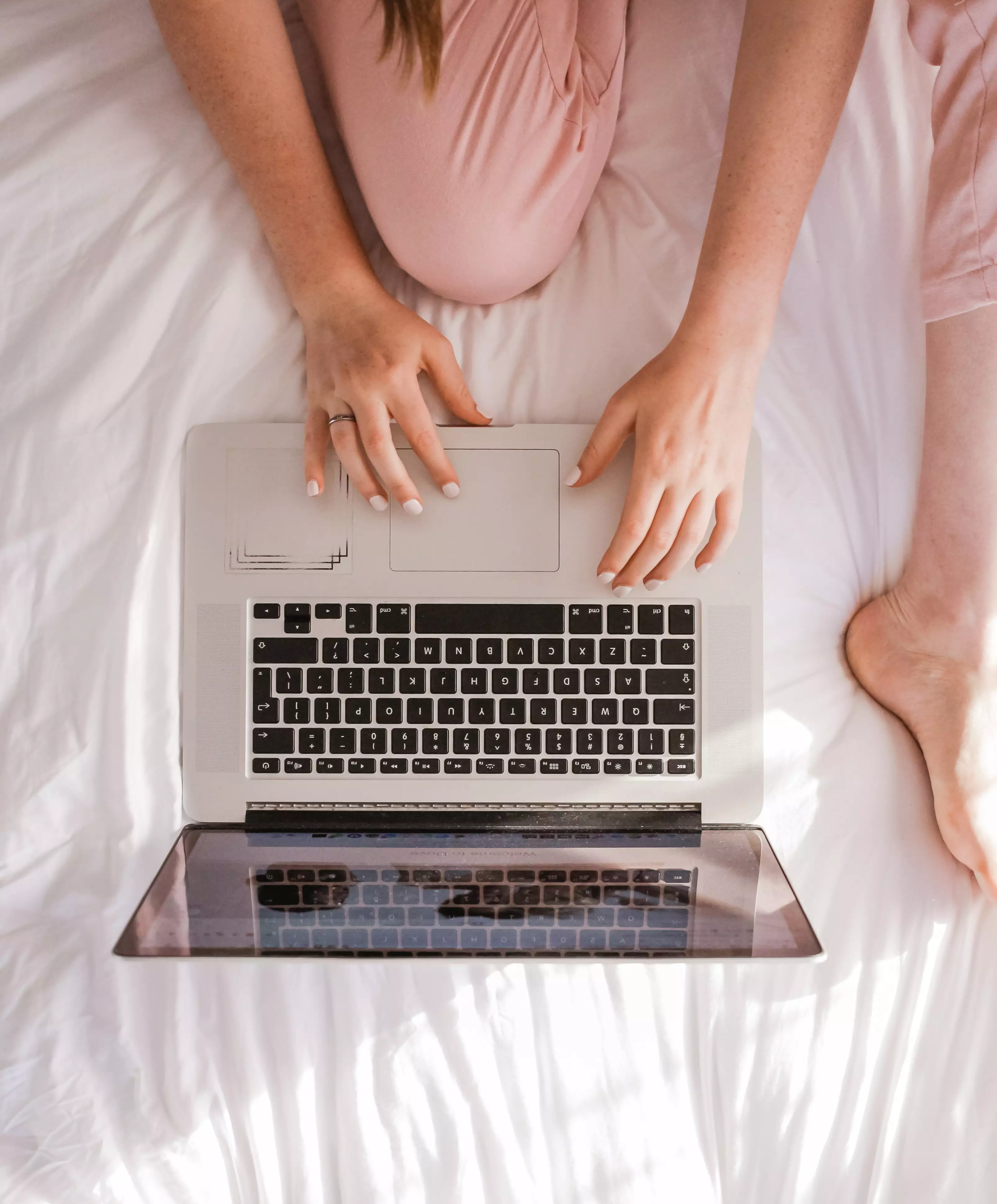
"I'd always encourage people to double check things before posting online, and use your common sense. Ask yourself the question, is this something you should be posting? Is this something you feel comfortable with? Do you really need to post this?"
And if you're really insisting on sharing that sexy selfie with your vaccine card in full view, then cybersecurity experts warn you cover or hide details such as your batch number and the type of vaccine you got, and other details you're less comfortable with.
"I would just make sure you obfuscate sensitive information," Raj said. "It may require you to change some of your habits, but It's not particularly onerous.
"You just need to be sensible with what you share."
Featured Image Credit: Instagram - mariahcarey/PA ImagesTopics: UK News, News, Coronavirus